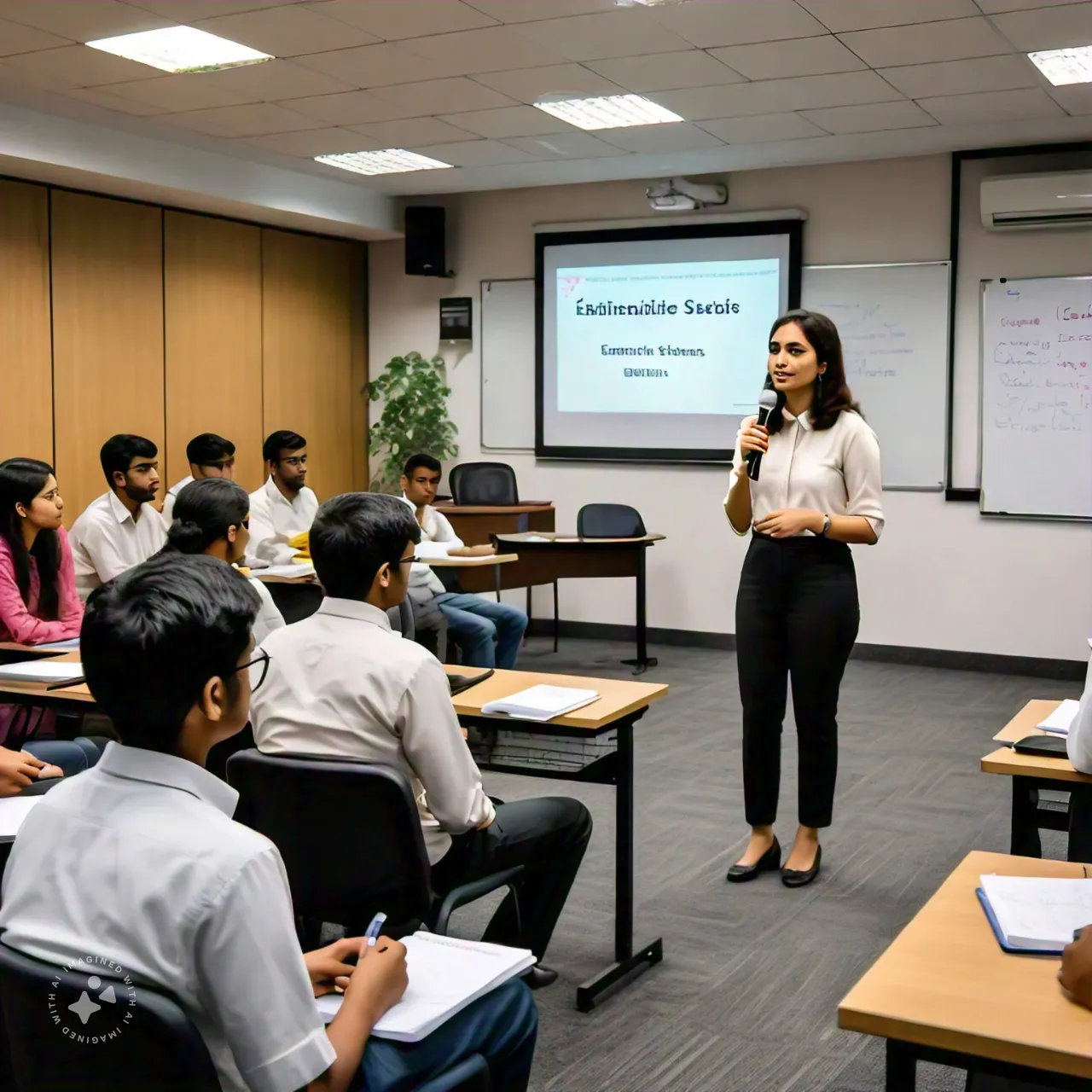Winfulence - Teachers Vs Facilitator
in Life Skills( Schools & Colleges)
Created by
Skillbee Global

Duration: 16 Hours
PREAMBLE:
Understanding yourself and others focuses on elevating your personal effectiveness and relation to others. The program emphasizes how the way we communicate impacts trust, quality, and outcomes. What we say and how we say it changes how we work with others.
Highly successful people know that it’s vitally important to understand yourself. Realizing why and how we affect others and how others affect us enables us to make better choices when we engage in our classes or in conversation.
During this program, you will learn to understand and appreciate your strengths and weaknesses and why it’s important to make the most of your strengths and how to manage your limitations. You will discover the blind spots in the choices that you make. The program also explores the importance of a positive attitude about yourself and how to develop it. The outcome is more trust and confidence others place in you.
WORKSHOP GOALS:
· Recognize their personal relationship styles and how and when to apply them
· The Iceberg Analogy
· Role of a Teacher vs Facilitator
· Carry out essential Knowledge Transfer tasks of inspiring and developing students
· Build outcome goals based on strengths and opportunities.
· Understanding your personality styles & the application towards developing others
· Link this module to the other modules to follow and inspire participants to immerse themselves into self-development as a reformed teacher.
WORKSHOP CONTENTS:
SESSION I
Introduction and Expectation setting · Review past Vs Present Teacher student experiences · Identify the changes. · Who is responsible? · What to do about the change.
People Management - Role Clarity · Teacher v/s facilitator – who would you like to be? · Technical Vs Personal Element · Sensitize participants to the importance of facilitating in the current scenario. · Conduct a self-analysis Competency Addressed: Role clarity towards Developing Others
SESSION II
Personal Facilitating Style Inventory · Analyze individual teaching styles · Introduce participants to different facilitating styles · Outcome Management Competency Addressed: Self Development
Facilitating Styles and Adaptability · Understand Situational facilitator modes and how to analyze different styles. · Develop an insight into one's own style of facilitating! · Range and style adaptability: relate facilitating styles in day-to-day situations and their implications for self-development.
Competencies addressed: Situation Management, Decision Making, Managing and Developing Others | SESSION III
Personality Development Inventory · Introduce participants to different Leadership styles · Analyze individual leadership styles
Competency Addressed: Managing & Developing Others
Goals setting and Adaptability. · Why are goals important? · How to qualify for a goal? · Understanding the SMART goal concept. · Develop an insight into application into one’s career Competencies addressed: Situation Management, Planning and Prioritizing
SESSION IV
Developing People · Need for self-development · Developing students · Applying Behaviors and soft skills in development · Social Styles inventory
Competency Addressed: Managing Behaviors mine and others.
SESSION V
Time and Activity Management
Time Management: An effective tool to development · What is Time Management? · Activity Management process: · What is progress and Maintenance Activities? · Understanding the Productivity Pyramid.
Competencies addressed: Managing Time and productivity. |

Share course with your friends